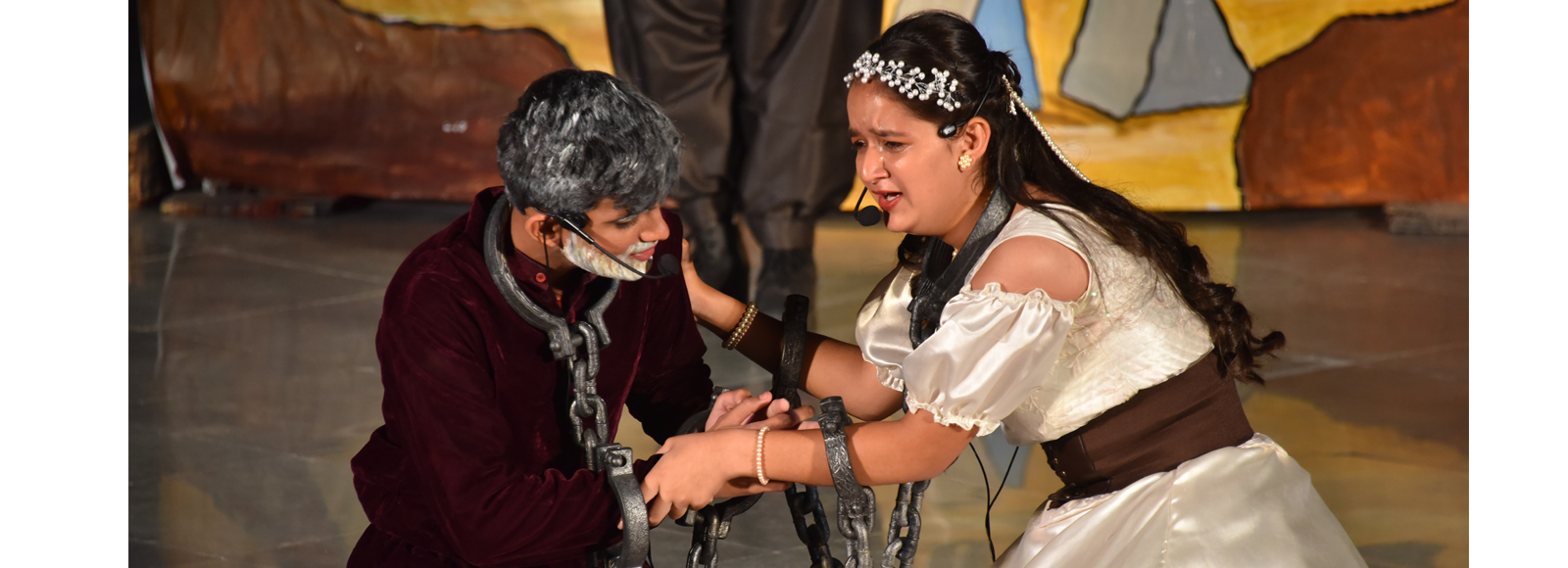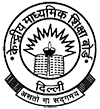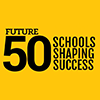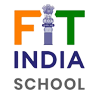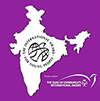Performing Arts at Primary School
The performing arts are an important component of learning in the curriculum. All the main streams covered by the term i.e. music, dance and theatre, are included. Our curriculum focuses on nurturing artistic capabilities and creating cultural and artistic awareness amongst students from the vast and varied cultural inheritance we have. This includes a variety of folk and classical forms of music and dance from every region of India.
In the primary school, students develop musical expression through singing and playing instruments. In Class I & II children learn Indian & Western vocal music whereas in Classes III to V children are exposed to both Indian & Western instrumental music like tabla, sitar, harmonium, xylophone, congo, drums, guitar and keyboard. They learn swar, alankar, taal, bol , sargam and different beats.
In dance, in classes I & II the students learn the folk dances of India while in classes III to V the students are trained in ‘Kathak’- a classical dance form of India, folk and contemporary dance forms.
Performing Arts at Middle School
The drama curriculum comprises inter-related activities which explore feelings, knowledge and ideas, leading to understanding. It explores themes and issues, creates a safe context in which to do so, and provides for opportunities to reflect on the insights gained in the process. It draws on the knowledge, interests and enthusiasm of the child. In the syllabus of Classes VI to VIII, Drama/Theatre activities primarily target the developmental needs of the students; the integration of Drama with other academic subjects and the inculcation of basic skills and understanding of the discipline.
The objectives of the Music syllabus at this level are to expose the student through music to the cultural multiplicity of the country’s five different regions in an interesting manner , to arouse healthy curiosity in the students’ mind about the vast variety of music which may lead to analysis and research at their level, to stimulate an interest in the student to study music further at the Secondary and Higher Secondary levels giving him/her the opportunity for research and documentation in music as well as pursue it as career and to instill in the student the sense of values that the arts in general and music in particular are based on.
The focus in the span of three years comprising the Middle School stage is on the student to get maximum exposure to Indian as well as Western music. Basic concepts in Indian music or sangeet such as gayan, vadyan, nritya, taal and laya are not limited to ‘classical’ music only; they are considered as a canvas that would incorporate every musical genre, including Western Vocal and Instrumental music, for there is rhythm, movement and melody in every kind of music.
Performing Arts at Secondary Level
At the Secondary level, there is a shifting of gears and a change of direction as the Drama/ Theatre comes fully into its own as a near specialization with a distinct field of knowledge. The two-year period for Classes IX und X comprises a whole world of opportunities for exposure to theatre from its earliest roots to its contemporary manifestations, as well as select aspects of world theatre, culminating in the devising and production of a play that, seemingly, is a massive undertaking, but points to the fact that the aim is for the students to develop awareness and understanding that are more wide than deep; that they appreciate the vast array of theatre activity that is our heritage, and that they become inspired to develop its possibilities.
As far as Music is concerned, the Secondary stage of school education concentrates more on the existing forms of performance music, its different schools and understanding and expanding upon terminology used specifically in the musical context. The objectives of the present music syllabus are as follows: enhancing in the learner the ability to listen to music and developing through this a discerning sense to appreciate different systems of music, introducing the student to basic music theory and practice and linking the two, exposing the student to the diversity in Indian and Western music and their constantly changing nature.
At the Secondary level, there is a shifting of gears and a change of direction as the Drama/ Theatre comes fully into its own as a near specialization with a distinct field of knowledge. The two-year period for Classes IX und X comprises a whole world of opportunities for exposure to theatre from its earliest roots to its contemporary manifestations, as well as select aspects of world theatre, culminating in the devising and production of a play that, seemingly, is a massive undertaking, but points to the fact that the aim is for the students to develop awareness and understanding that are more wide than deep; that they appreciate the vast array of theatre activity that is our heritage, and that they become inspired to develop its possibilities.
Terms like alankar, alaps and tana do stem from the classical but it is desirable for the student to understand such terms and concepts in a broader sense because these exist in innumerable forms of music across the country. Although these and other terms are closely linked to the Raga system of classical music, they should not only be restricted to classical music but applied to other forms of music.
Performing Arts at Senior Secondary School
During the two - year span at the senior secondary level, students are trained to take on the role of full-fledged, maturing artists, and are exposed to a wide range of theatrical forms and genres; those of their immediate cultural region, as well as of the larger national and international contexts. Students at this level have learning experiences in the complete range of theatre skills: performing, directing, designing, writing, fabrication (masks, costumes, props, stage settings), production work (planning, budgeting, printing, publicity) and would have the option to ultimately specialize in one or more of them for an array of theatre related activities in the school like One Act Plays, Dramatics Club, Street Theatre Club, Character Enactments, Annual Function Play and Numerous Inter School Events. Ways and means are sought to keep students actively involved, to pass the onus of responsibility (to find out, to explore, to create, to seek answers and solutions) over to the students.
At the Senior Secondary School stage, the Music curriculum may allow children to specialize in some areas of their interest. Along with learning the skills and practicing them, children can also at this stage learn about the theory of the performing art and aesthetic experience, which could deepen their appreciation and also help them understand the significance of this area of knowledge.


